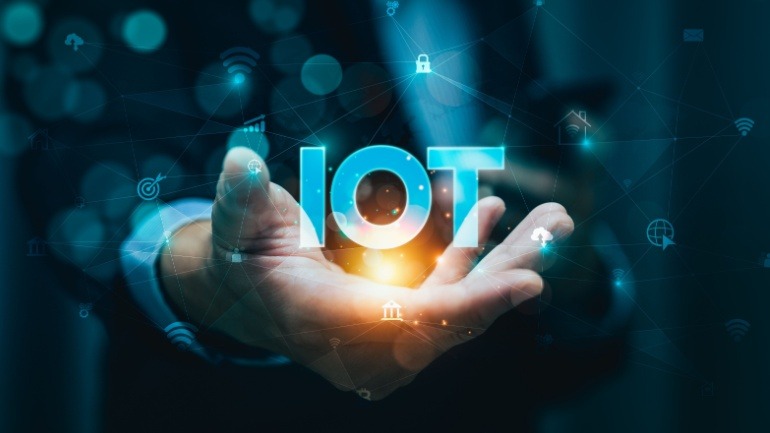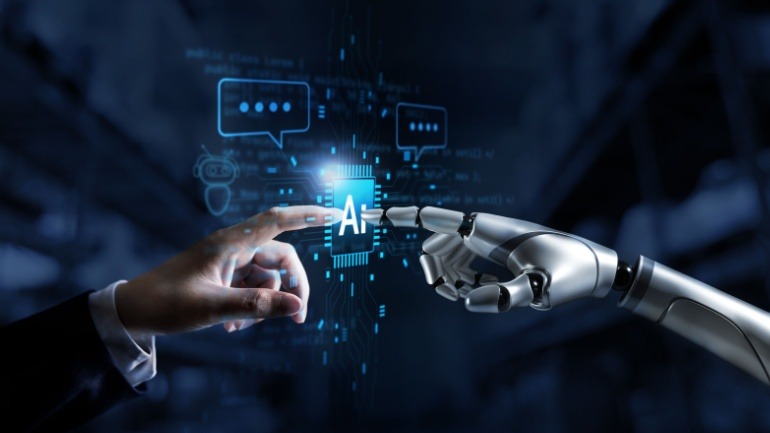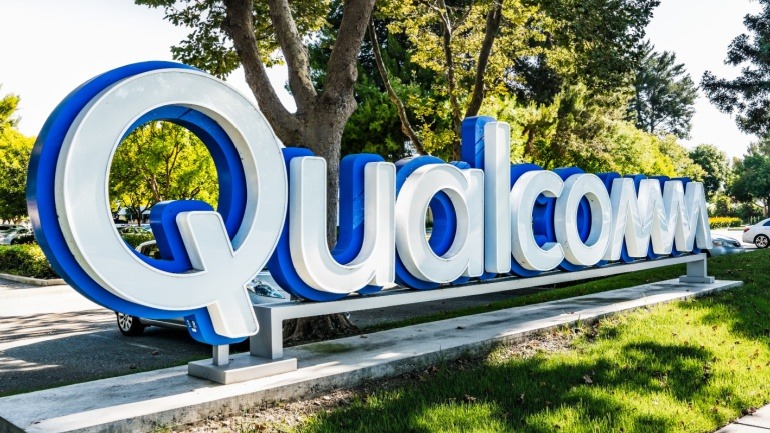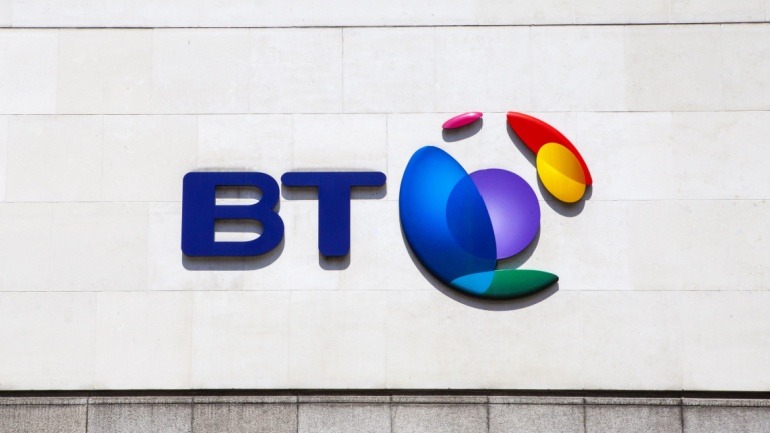Vodafone’s collaboration with Mobily significantly boosts IoT coverage in the Middle East. This strategic alliance enables Vodafone customers to access Mobily’s national IoT network via Vodafone Global SIMs, enhancing cross-border connectivity.
Nokia has appointed Justin Hotard as its new CEO, succeeding Pekka Lundmark on April 1. Hotard, formerly at Intel, will lead Nokia’s push into AI and data centers.
Honeywell, a major US industrial conglomerate, plans to split into three independent companies to enhance focus and agility. This reconfiguration will potentially elevate Honeywell’s market position, mirroring GE’s previous division.
Amazon is making a bold move in the AI landscape, aiming to invest $100 billion by 2025. This investment primarily targets Amazon Web Services’ (AWS) AI infrastructure, showcasing the company’s commitment to enhancing AI-driven services.
Kyndryl is integrating Palo Alto Networks’ AI-driven security into its SASE offering, enhancing cloud-based network security with zero-trust principles. By modernizing IT infrastructure and reducing reliance on on-premise systems, Kyndryl aims to streamline operations and bolster cybersecurity.
Qualcomm’s record Q1 2025 financial performance showcases substantial growth in its QCT business, with notable rises in handsets, automotive, and IoT sectors. This success also highlights Qualcomm’s strategic focus on edge AI technology, enhancing AI inference efficiency across Snapdragon-powered devices.
President Donald Trump has nominated Arielle Roth to lead the NTIA, a key agency overseeing broadband policy. A seasoned telecom advisor, Roth has worked with Senator Ted Cruz and Republican FCC Commissioners.
BT is removing Diversity, Equity, and Inclusion (DEI) targets from its managerial bonus scheme, shifting focus to employee engagement. DEI targets previously made up 10% of bonuses for 37,400 managers. Despite the change, BT insists it remains committed to inclusion.
SoftBank is investing $25 billion into OpenAI, launching SB OpenAI in Japan to deliver AI-powered enterprise solutions under the Cristal intelligence brand. Partnering with Arm for scalable AI integration, the venture targets major Japanese corporations.
Google’s investment of $75 billion in AI infrastructure promises to revolutionize the landscape by 2025. CEO Sundar Pichai emphasizes their approach, leveraging global cloud infrastructure to optimize computing power.













